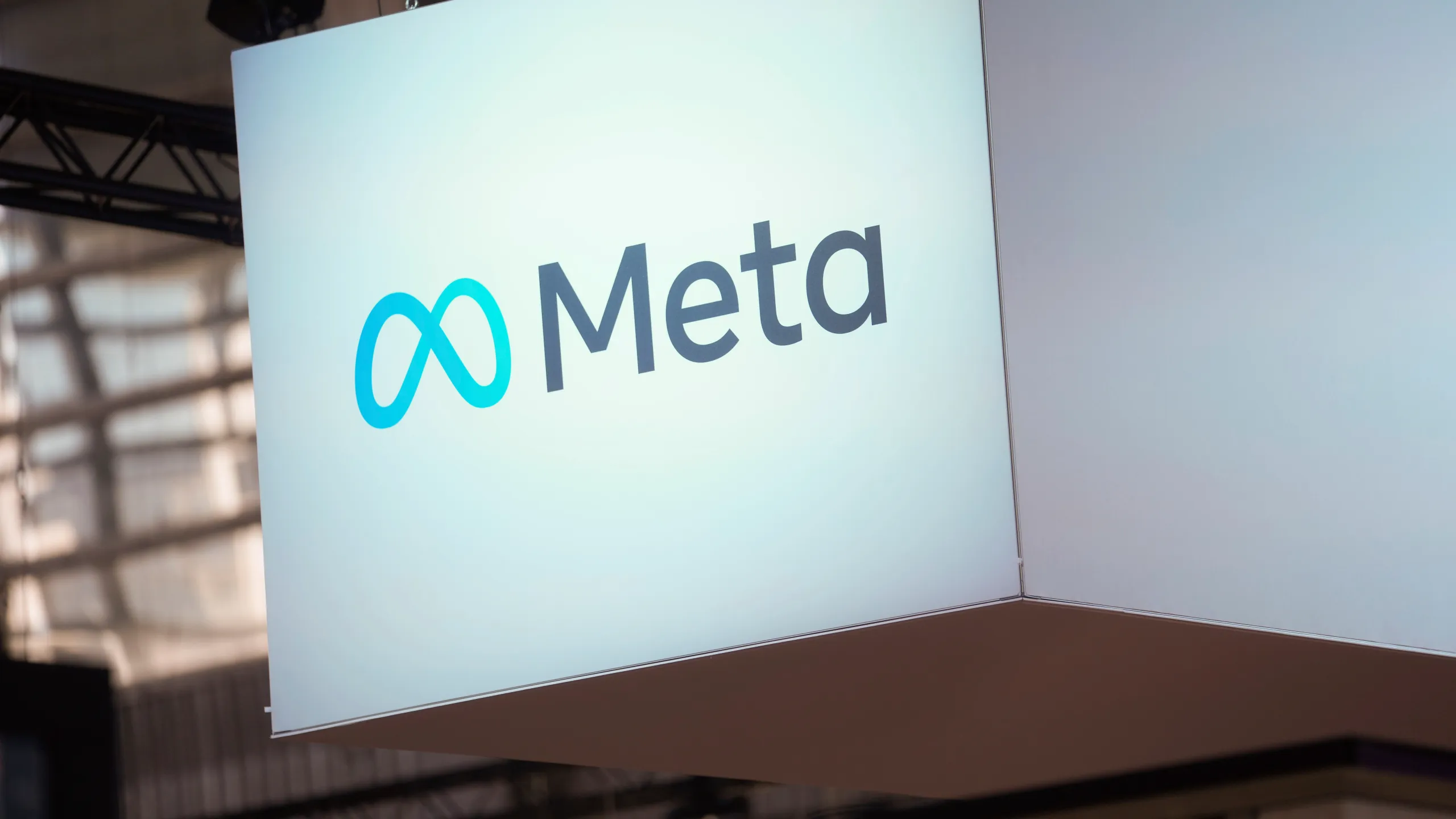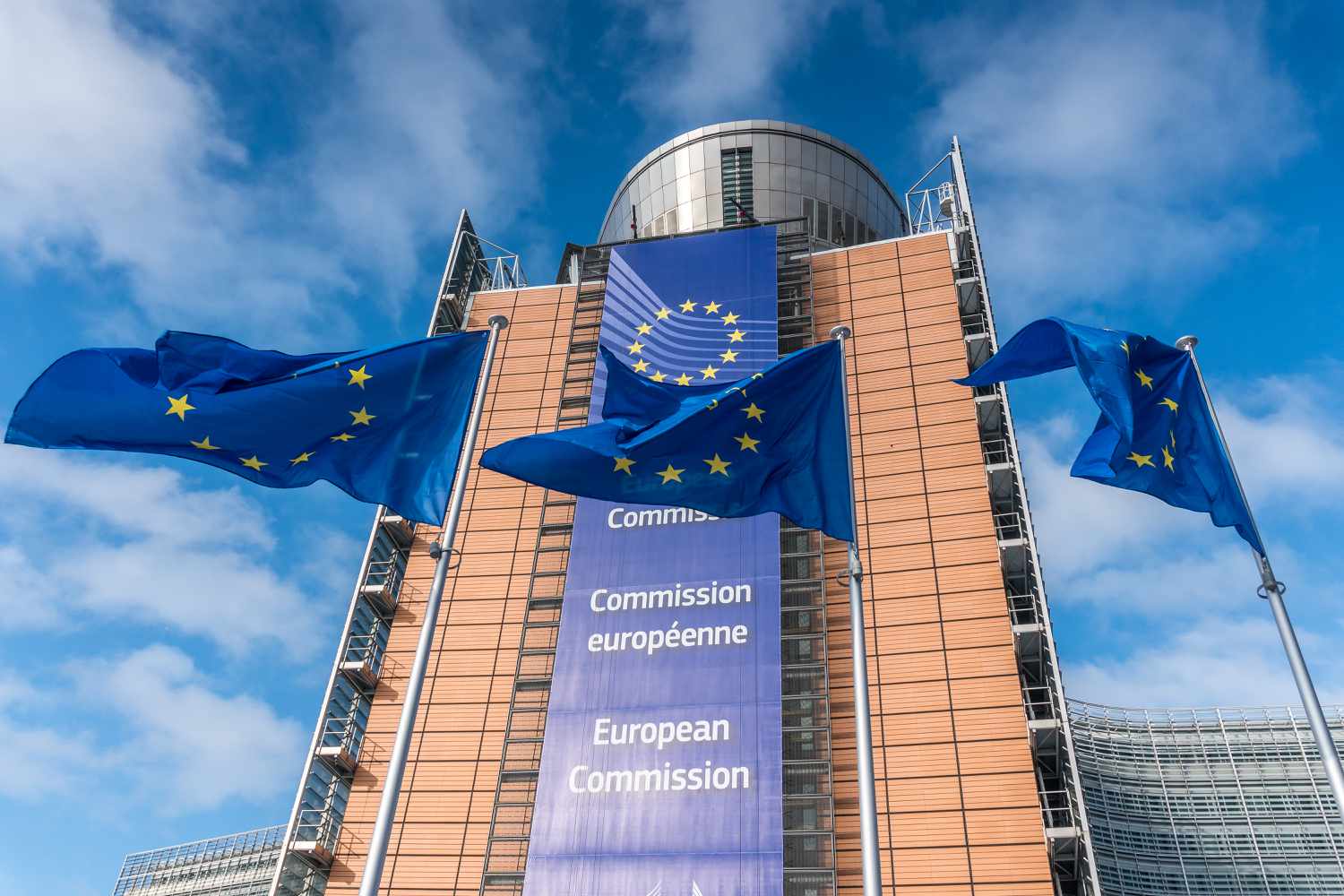The European Union (EU) has recently initiated a formal investigation into Meta, the parent company of Facebook and Instagram, over serious concerns regarding child protection on these popular social platforms. This move underscores a growing scrutiny under the new Digital Services Act (DSA), spotlighting the need for digital giants to ensure the safety and well-being of their younger user base.

A Deep Dive into Meta’s Compliance Issues
Thierry Breton, the European Union commissioner for the internal market, expressed significant doubts about Meta’s adherence to the stringent requirements of the DSA, which came into effect in 2023. The DSA aims to hold digital platforms accountable for a range of online harms, including disinformation, shopping scams, and child abuse.
“Today we open formal proceedings against Meta. We are not convinced that it has done enough to comply with the DSA obligations to mitigate the risks of negative effects to the physical and mental health of young Europeans on its platforms Facebook and Instagram,” Breton stated on the EU’s official website.

European Union Investigates Meta’s Child Protection Measures
A central aspect of the European Union’s investigation will focus on the so-called ‘rabbit hole’ effect, where algorithms may potentially expose children to harmful or inappropriate content. This probe will also assess the effectiveness of Meta’s age verification tools and whether they provide adequate privacy and safety for minors.
Margrethe Vestager, executive vice-president for a Europe fit for the digital age, highlighted additional concerns: “We have concerns that Facebook and Instagram may stimulate behavioural addiction and that the methods of age verification that Meta has put in place on their services are not adequate and will now carry on an in-depth investigation.”
Potential Consequences for Meta
Should Meta be found in violation of the DSA, the consequences could be severe, including a penalty amounting to 6% of the company’s global revenue. While there is no fixed deadline for the conclusion of these proceedings, the European Union has the authority to impose interim enforcement measures during the investigation period.

In response to these growing pressures, Meta has been proactive in enhancing safety measures on its platforms. Recent updates have included features designed to restrict children’s access to harmful content and limit interactions between minors and potentially suspicious adult accounts.
As the investigation unfolds, the digital community and regulatory bodies alike will be watching closely, hoping that these measures will lead to a safer online environment for children. This case could also set a precedent for how similar cases are handled by tech giants under the new regulations imposed by the DSA.


